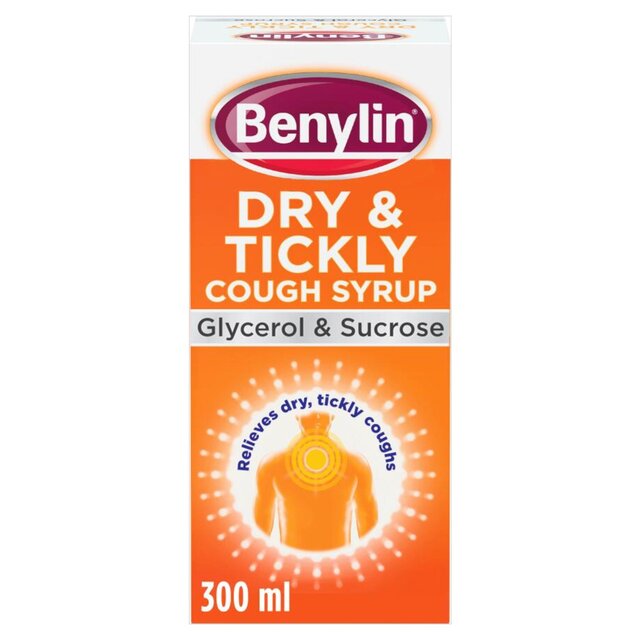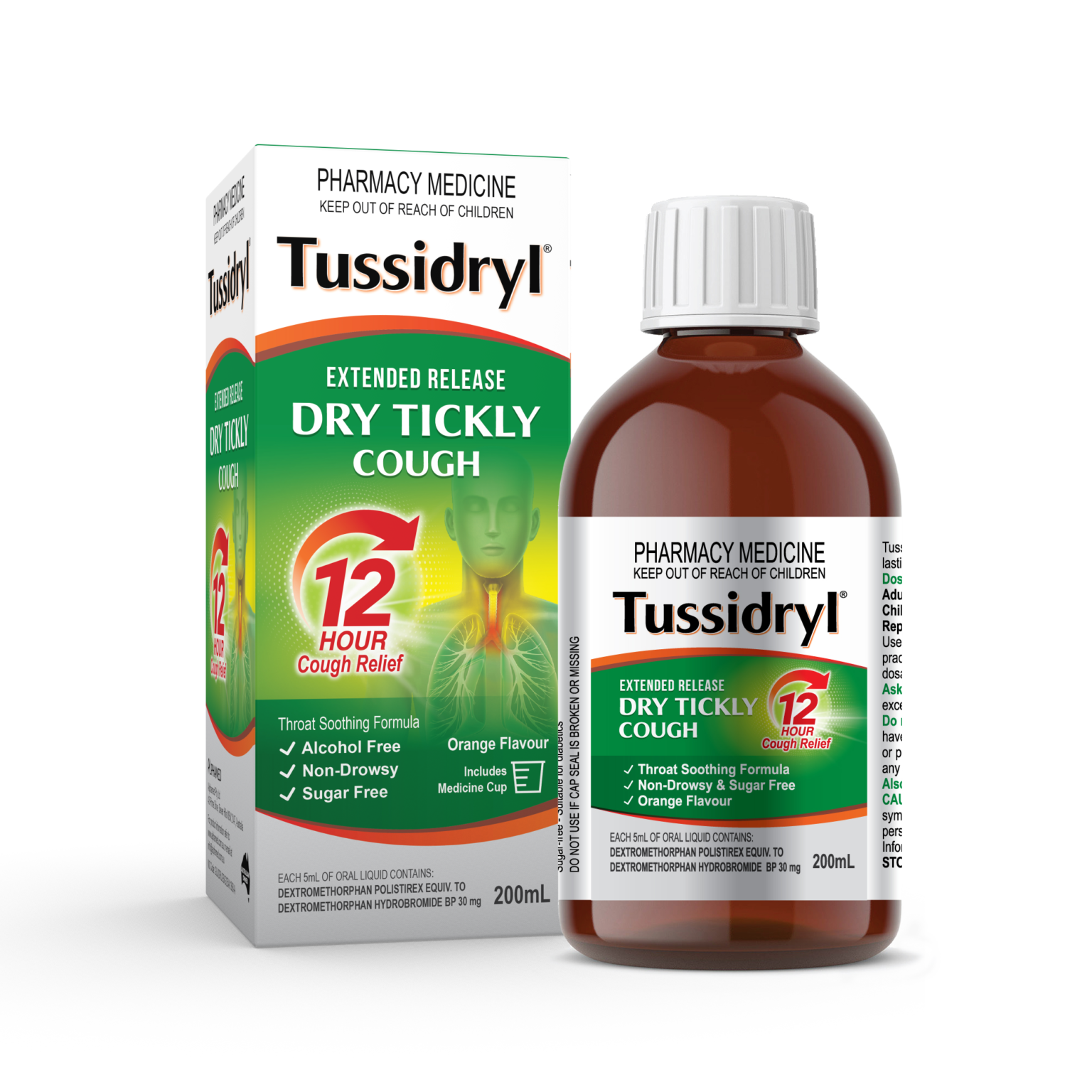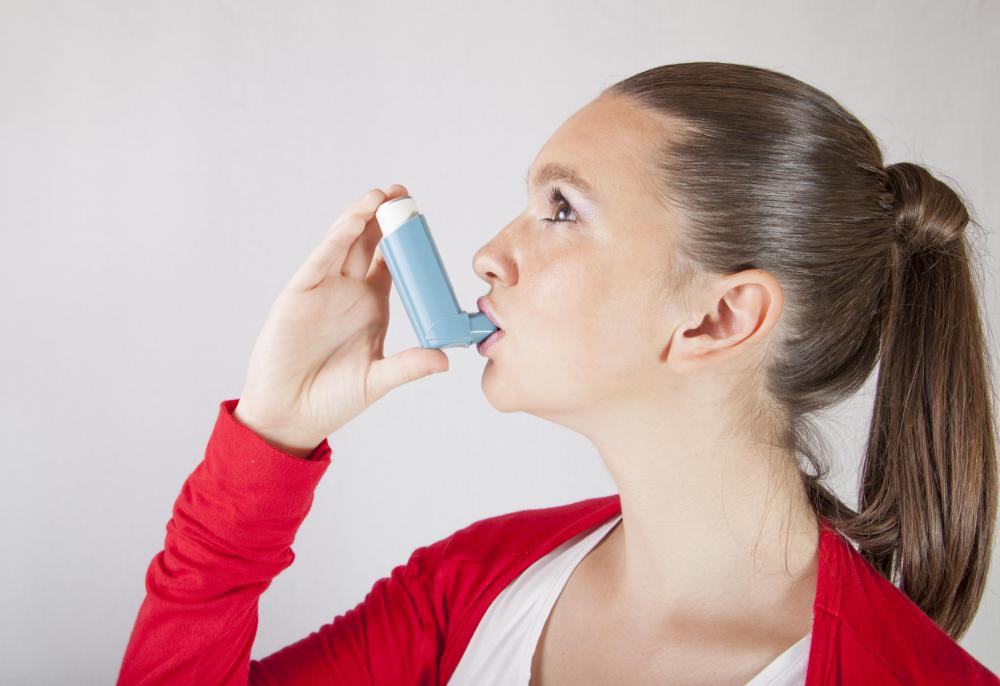Formidable Tips About How To Ease A Tickly Cough

Common causes of tickly coughs.
How to ease a tickly cough. Treatment home remedies prevention tips when to see a doctor faqs summary coughing is a natural reflex for clearing the throat and lungs of irritants. Hold your breath for a few seconds. You need to be patient until the cough goes.
Read on to learn about medical and. A throat tickle is often a sign that your upper airway (nose, mouth and throat) is irritated. Inhale the steam to soothe any chest irritation and minimize the odds you cough.
Many different things can cause irritation, from allergies and chemicals to an. Why coughing can be worse at night nighttime coughing can happen and feel worse for many reasons. Want to know how to help of a tickly cough, asap?
Home health a to z cough a cough will usually clear up on its own within 3 to 4 weeks. A main aim of treatment is to ease symptoms whilst your. Home remedies outlook treatment for a tickle in your throat can depend on its cause, such as an allergy or infection.
Honey can help calm coughs in kids older than 1 year. Menthol helps to relieve congestion to make it easier to breathe. Most coughs clear up within 3 weeks and.
Drinking tea with honey before bed and sleeping with your head propped up on pillows may help to relieve your symptoms and improve your sleep quality. Warm water with honey and lemon, herbal teas, and broths are all good options. Although there is no single magic cure for tickly coughs, you can ease symptoms with the right remedy.
At the first sign of a tickle or as soon as you cough, or feel you are about to cough, put your hand over your mouth. The treatment options include home remedies and prescription medications to relieve and eliminate the causes of a dry cough. A tickly, irritated throat can be caused by something as simple as not having.
Here are our top tips:. Tickly coughs often result from an irritation in the throat (pharynx) and the cough is triggered to relieve this feeling of irritation. A cough is a reflex action to clear your airways of mucus and irritants such as dust or smoke.
Here are some of the methods you can use to try and ease your tickly cough[1]: Antihistamines and decongestants work for chronic cough caused by allergies and postnasal drip. Antibiotics are an option for chronic cough caused by infections with.
In many cases, it's just a matter of patience and time, suggest a trio of physicians in an article published in the canadian medical association journal (cmaj). Many cough medications contain menthol as a key ingredient to help soothe tickly throats and ease itchiness. How you can treat a cough yourself there's usually no need to see a gp if you have a.


















